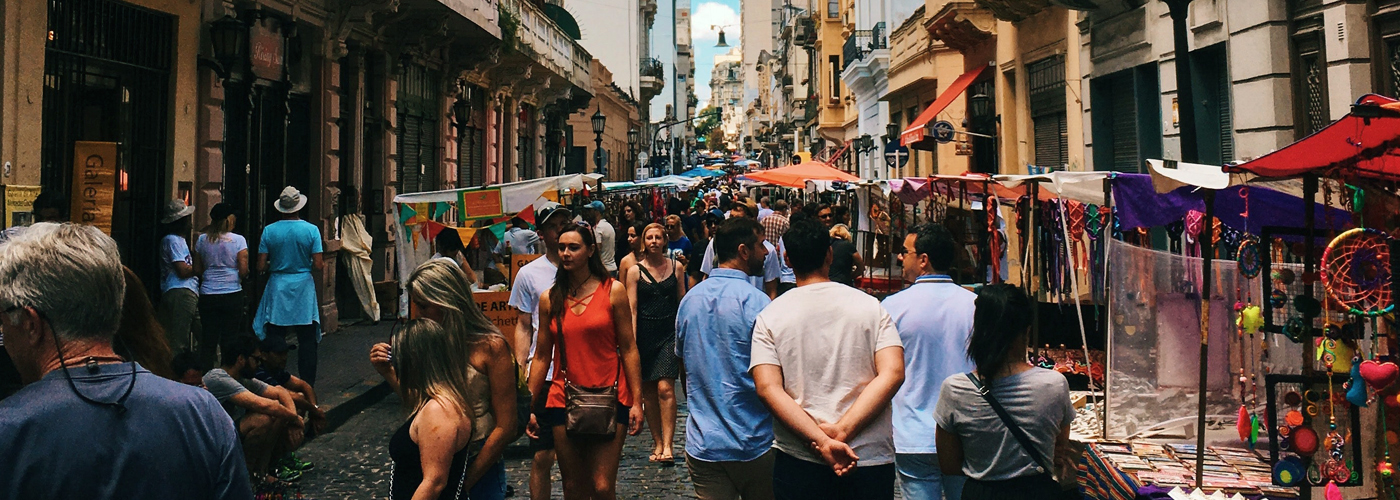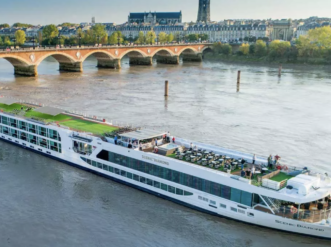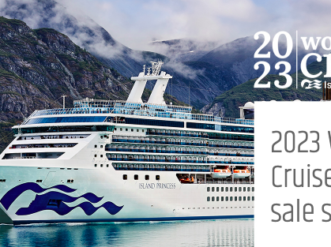Staying Safe Abroad
March 6, 2019 On the heels of our post about scammers I thought it appropriate to cover the bases should something transpire on your trip that could be considered an emergency situation. Keep in mind Travel Masters experience specialists are highly aware of the list of current countries that have been deemed unsafe to visit and will always make you aware of any Canadian government advisories about unsafe destinations.
On the heels of our post about scammers I thought it appropriate to cover the bases should something transpire on your trip that could be considered an emergency situation. Keep in mind Travel Masters experience specialists are highly aware of the list of current countries that have been deemed unsafe to visit and will always make you aware of any Canadian government advisories about unsafe destinations.
However, it is a really good idea to know what resources you have at your disposal in the unlikely event that you are in a serious situation in a safe destination. Thankfully there are a number of Canadian government resources and some easy tips to remember to stay out of (or get out of) trouble. Keep this link on file as it lists important numbers and emails for Canadians who find themselves in emergency situations abroad: https://travel.gc.ca/assistance/emergency-assistance
Staying Safe Abroad
- Always get travel insurance. We offer this very important service to all our clients. https://www.igoinsured.com/Direct/ManulifeGlobal.aspx?ag=TRMAVWB&lang=E
- Always make sure family or friends have your itinerary and if you make a change, email them that change.
- Scan/photocopy your passport and leave the copy with a friend or family member.
- Avoid traveling alone at night and avoid areas that locals deem unsafe. I found this out the hard way in Guatemala. Thanks to a quick-thinking taxi driver I avoided a serious situation.
- Never flash large amounts of money around and never wear extremely flashy jewelry.
- Be aware of local customs (dress, formalities, gestures etc). In China, I found out it is extremely rude to give a “Thumbs Up” (this is also the case in Islamic countries). In the Philippines gesturing “Come Here” with your finger will get you arrested or your finger broken. In Latin America and France, making the rounded “Okay” sign with your fingers is considered an extremely rude gesture.
- Be very careful about being too intoxicated. In some countries the penalties for public intoxication are severe. Your judgment is also not as superior as when you’re sober. This is also a good time to remind you that your drink (alcoholic and otherwise) should never be left unattended.
- With the new marijuana legislation in Canada, some people think that medical use is okay across the globe. This is NOT the case. The penalties for drugs in some countries are highly extreme and even life-threatening. Know the drug laws before you travel to your destination; this includes prescription medication.
- Never become complacent. Always be aware of your surroundings and always be aware that you are the foreigner.
- Never be a hero. If you witness a crime being committed do not attempt to help out, call the local emergency number and get to safety.
Calling 911 In Other Countries
We hope you NEVER have to put the following info into play but it is always good to know just in case. It is very important to note that most other countries do not use 911 and it will not work.
- Whether you have a mobile or are near a landline, it is very important to know the local “911” number of your destination. I sought out a list on the Canadian government website, however, the only one I found was this downloadable list from a US government site. Either way, it’s good info to have before you go: https://travel.state.gov/content/dam/students-abroad/pdfs/911_ABROAD.pdf
- Many countries allow emergency calls to be made from phones without a SIM card however, Latin America requires that the phone have a SIM to call emergency services.
- Also good to know, dialing an emergency number from most mobile phones doesn’t require the keypad to be unlocked.
- Most countries are still on an older GSM network, so newer phones will not work (I experienced this in Asia). Newer technology in North America is programmed to work on a CDMA or LTE network so my iPhone was useless in China and in South America. If you are an avid traveler it is well worth the small amount of money to invest in an old school GSM flip phone (I paid under $20). Yes, your friends may make fun of you for being old fashioned but the GSM flip phone works almost everywhere in the world.
Safe travels!
Get in touch with our knowledgeable Travel Masters experience specialists who can help you out further if you have any questions, or concerns about this topic.
Sean Mitchell
Archives
- October 2021
- March 2021
- February 2021
- December 2020
- September 2020
- August 2020
- July 2020
- June 2020
- March 2020
- February 2020
- January 2020
- December 2019
- November 2019
- October 2019
- September 2019
- August 2019
- July 2019
- June 2019
- May 2019
- April 2019
- March 2019
- February 2019
- May 2018
- April 2018
- January 2018
- December 2017
- November 2017
- October 2017
- June 2017
- May 2017
- April 2017
- February 2017
- November 2016
- April 2016
- February 2016
- January 2016
- December 2015
- July 2015
- April 2015
- January 2015
- December 2014
- August 2014
- July 2014
- February 2014
- November 2013
- September 2013
- July 2013
- April 2013
- February 2013
- December 2012
- April 2012
- February 2012




